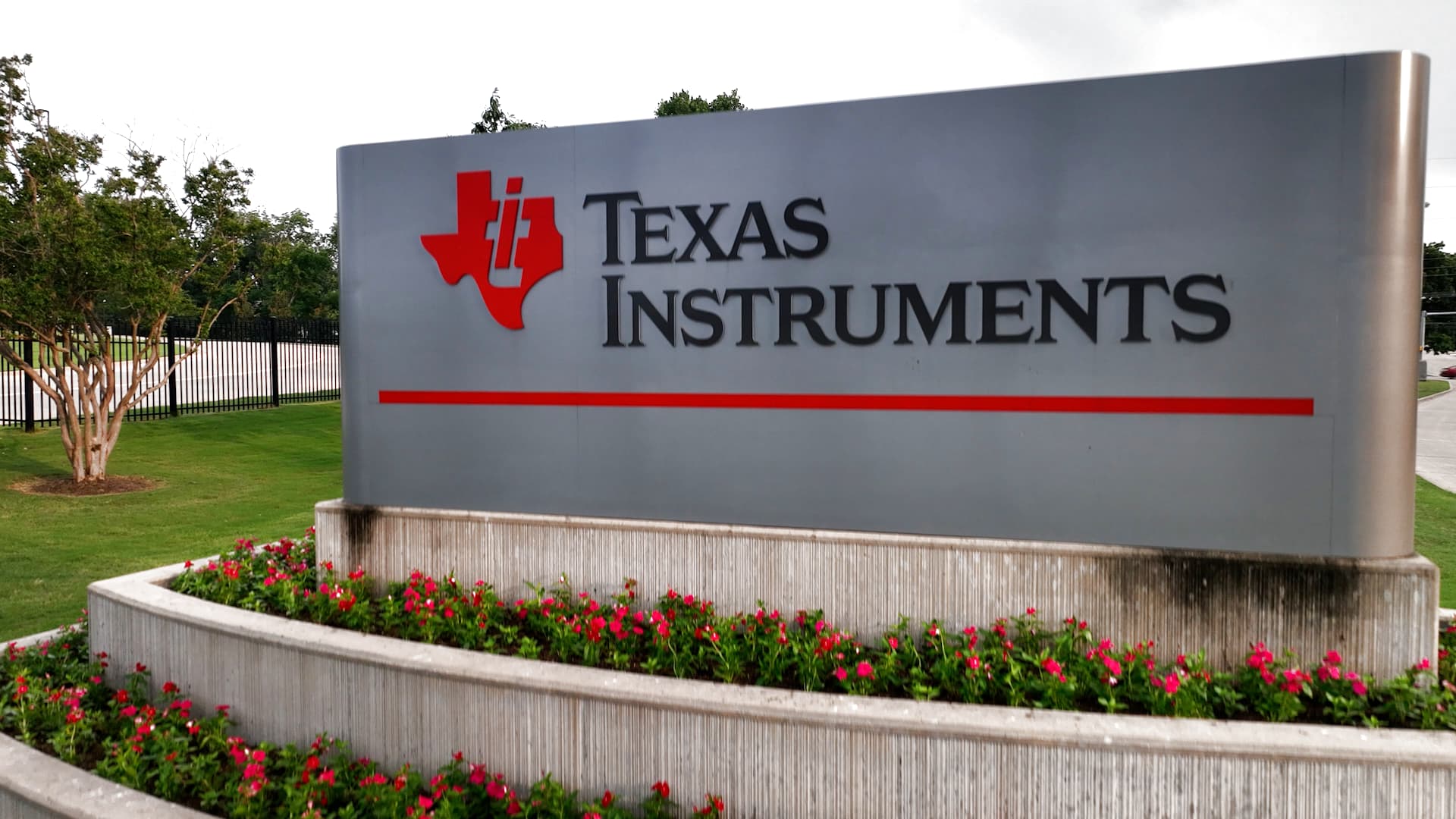In a small town located 30 miles north of Austin, Texas, on a vast 1,200-acre plot of land, technology giant Samsung is investing a staggering $17 billion to construct a semiconductor fabrication plant. Similarly, in Sherman, a city four hours north of Austin, Texas Instruments is initiating a $30 billion chip project, which happens to be the largest chip investment in the state.
This surge in investment is not a coincidence. With the escalating geopolitical tensions between China and Taiwan, chip manufacturers are seeking alternatives for production in the United States. Texas has emerged as the preferred destination, primarily due to its combination of low taxes and new subsidies. Since the introduction of the CHIPS and Science Act in 2020, which amounts to $52 billion, there have been over 50 new semiconductor projects announced in the United States, totaling more than $210 billion. Texas accounts for more than $61 billion of this investment, with six projects expected to generate over 8,000 job opportunities.
According to Republican Texas Governor Greg Abbott, Texas is ideally positioned to lead the next generation of chip manufacturing due to its access to ports, materials, and low business costs. In June, Abbott signed the Texas CHIPS Act into law, which allocates $1.4 billion for chip companies to manufacture in Texas and for universities to establish related research and development centers. Consequently, companies like Samsung, Texas Instruments, Infineon, GlobalWafers, NXP, X-FAB, and Applied Materials have all intensified their operations in Texas. Even technology giants like Apple and Amazon are designing their custom chips in the Lone Star State.
While Arizona is leading the way in new chip investments, with Intel’s $20 billion fab and Taiwan Semiconductor Manufacturing Co.’s $40 billion site, Texas boasts the highest number of total fabs and is a close second for new investments.
To offer a rare glimpse into the chip manufacturing process, CNBC visited three major chip fabs in Texas, exploring the manufacturing core of these plants, where workers don specialized suits to shield the microchips from dust and skin particles. The tour included a visit to Samsung’s new plant in Taylor, scheduled to commence operations next year. This plant will be responsible for Samsung’s first advanced chips produced in the United States. However, this is not Samsung’s first venture in Texas. The company initially arrived in 1996, establishing a significant fab in Austin, which is now exclusively used for foundry purposes, manufacturing logic chips for external clients. In 2007, Samsung opened a second fab in Austin.
Jon Taylor, Samsung’s corporate vice president of fab engineering, expressed that their customers prefer Texas due to its central location and the presence of prominent fabless companies in the United States. The new plant near Austin will allow these customers to source their chips domestically, eliminating any concerns associated with manufacturing in other parts of the world.
Texas Instruments’ fab in Sherman represents an even larger investment. Sherman’s mayor, David Plyler, recognizes the significant contribution of Texas Instruments to the city, stating that the new fab represents a massive investment in the community. Texas Instruments, originally founded as Geophysical Service Inc. in 1930, has a rich history in Sherman, dating back to 1966.
While each chip requires billions of gallons of water for production, Texas Instruments and other companies benefit from the region’s abundant water supply. GlobalWafers, a Taiwanese company, is also expanding its operations in Sherman, investing $5 billion in the largest silicon wafer factory in the United States.
However, it is crucial to acknowledge the vulnerability of businesses in Texas due to the ongoing drought affecting approximately a quarter of the state. State lawmakers are actively working to address this challenge and ensure that the growing population’s water needs, as well as those of businesses, are fulfilled.
In addition to water requirements, power plays a critical role in chip manufacturing. Each advanced chip-etching extreme ultraviolet lithography machine that Samsung will employ in Taylor consumes around 1 megawatt of electricity. Texas has an independent grid, making it largely self-reliant for power supply. Efforts are being made to enhance the reliability and resilience of the power grid following the failure experienced during a severe winter storm in 2021.
Due to its expansive land and business-friendly policies, Texas has always been celebrated for its favorable conditions for new businesses. Jinman Han, head of Samsung’s U.S. chip business, highlights Texas’ spaciousness and excellent support for ease of business. Factors such as no income tax, sales tax exemptions on manufacturing machinery, and various other tax waivers have encouraged corporations like Caterpillar, Charles Schwab, Hewlett-Packard, and Oracle to relocate their headquarters to Texas.
Ultimately, Texas is making substantial strides in becoming a hub for chip manufacturing, attracting major investments from global players like Samsung and Texas Instruments. With its unique combination of low taxes, new subsidies, plentiful land, and abundant resources, Texas is emerging as a leader in the next generation of chip manufacturing.
Denial of responsibility! VigourTimes is an automatic aggregator of Global media. In each content, the hyperlink to the primary source is specified. All trademarks belong to their rightful owners, and all materials to their authors. For any complaint, please reach us at – [email protected]. We will take necessary action within 24 hours.


